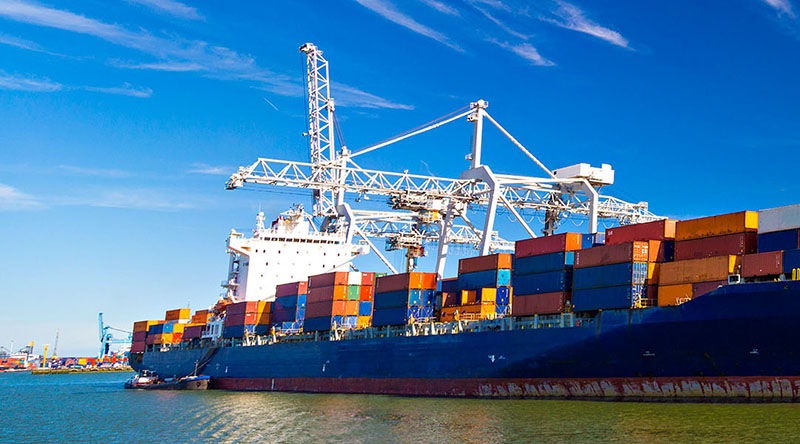Whilst Dutch law generally applies a time bar of five years for claims in tort, collision claims are subject to a separate two year time bar which the Dutch courts have historically enforced strictly on the basis of the ‘exclusivity’ principle which provides that a statutory prescription of one set of procedural rules applies to the exclusion of the general rule.
Two recent cases involving collisions suggest that this has shifted in cases where the party who has caused the collision is criminally charged in the following circumstances:
- Where the claimant has joined criminal proceedings as an injured party: On 18 December 2020, the District Court of The Hague handed down judgment in a case involving a collision between a motorboat and a RHIB which had resulted in the death of a passenger and serious injuries to several others. The court sentenced the skipper of the motorboat to 100 hours of community service or 50 days imprisonment. As is possible under Dutch law, the passengers of the RHIB had joined themselves as ‘injured parties’ in the criminal proceedings. The skipper’s lawyers raised the defence that the claims had already become time barred as legal proceedings had been brought more than 2 years after the incident. The court held that the time bar did not apply to a civil claim brought in the criminal proceedings as an injured party; and
- Application of the general time bar: A second decision concerned a fatal collision which had cost the lives of two passengers in 2014. The underwriters of the party who had suffered damages brought a claim in 2021 against the skipper of the vessel which had caused the collision, 7 years after the incident. The skipper had been convicted of manslaughter in 2016, with an attempted appeal having been rejected. When the underwriters brought their claim the lawyers for the skipper sought to argue that the claim had become time barred but the courts rejected the reliance on the 2-year time bar, holding that the general time bar of 5 years would apply commencing after completion of the criminal proceedings.
In summary, these cases suggest that where criminal proceedings are pursued as the result of a collision the courts will likely apply the general time bar of 5 years to any civil claim. A claimant will have 5 years to bring a claim when criminal proceedings are pursued or can simply join the criminal proceedings as an injured party. Shipowners and their underwriters should keep these in mind whenever assessing their potential liability, the time within which proceedings can be brought and when considering recovery of any damages suffered.
For a more detailed explanation of the background and impact to these cases we refer you to the detailed article published by Caland Advocaten:
https://caland.nl/en/two-year-collision-time-set-aside-by-the-dutch-court-2

